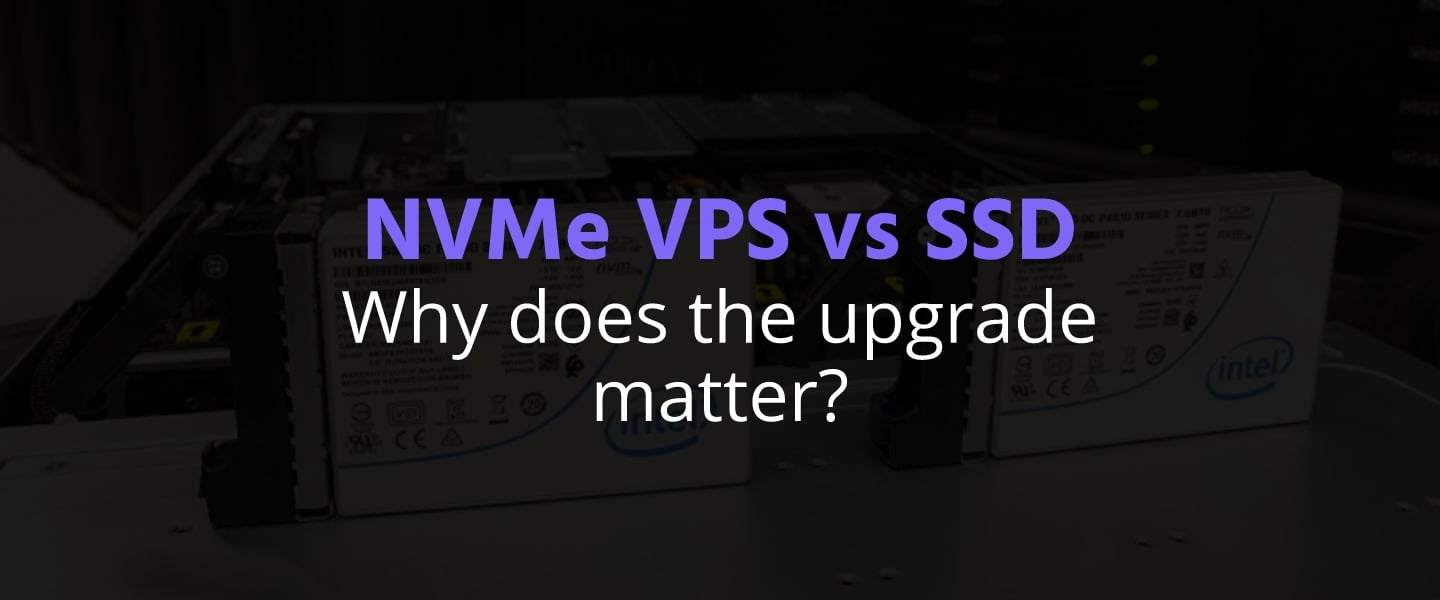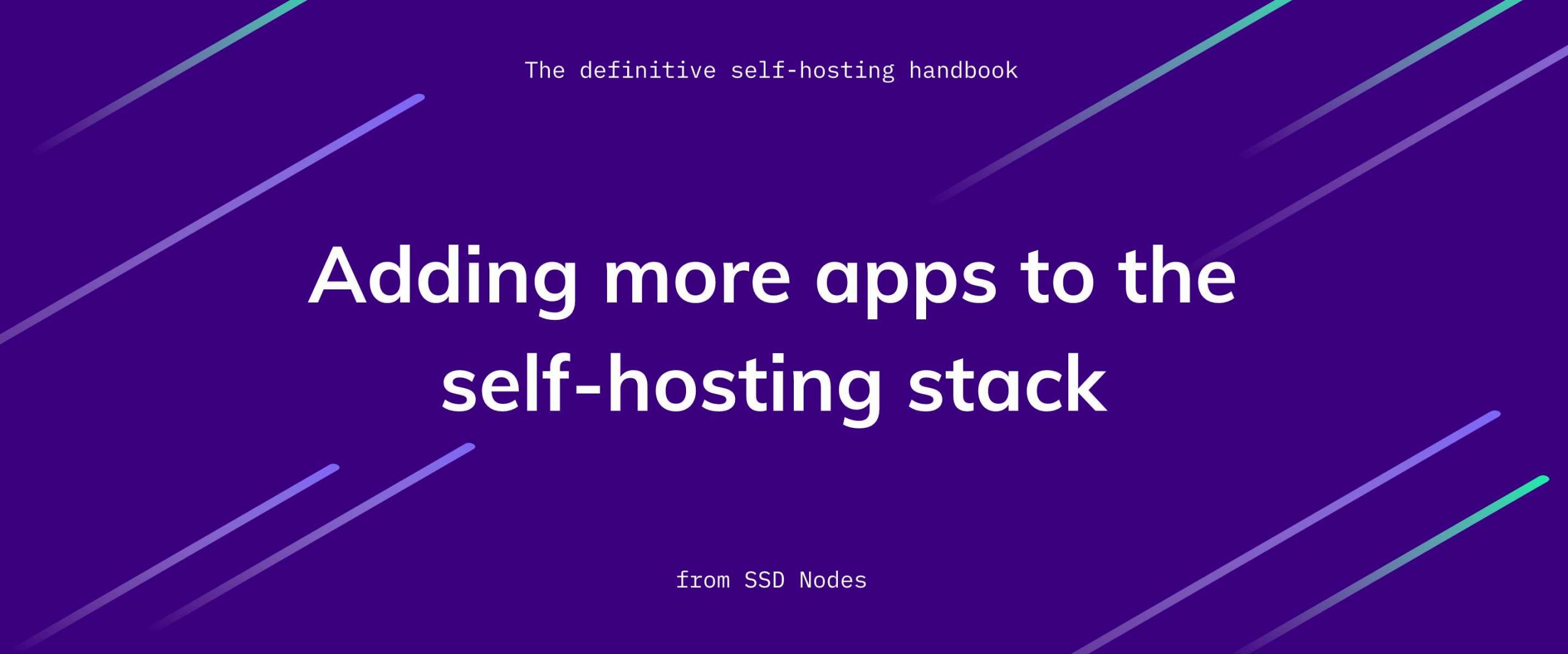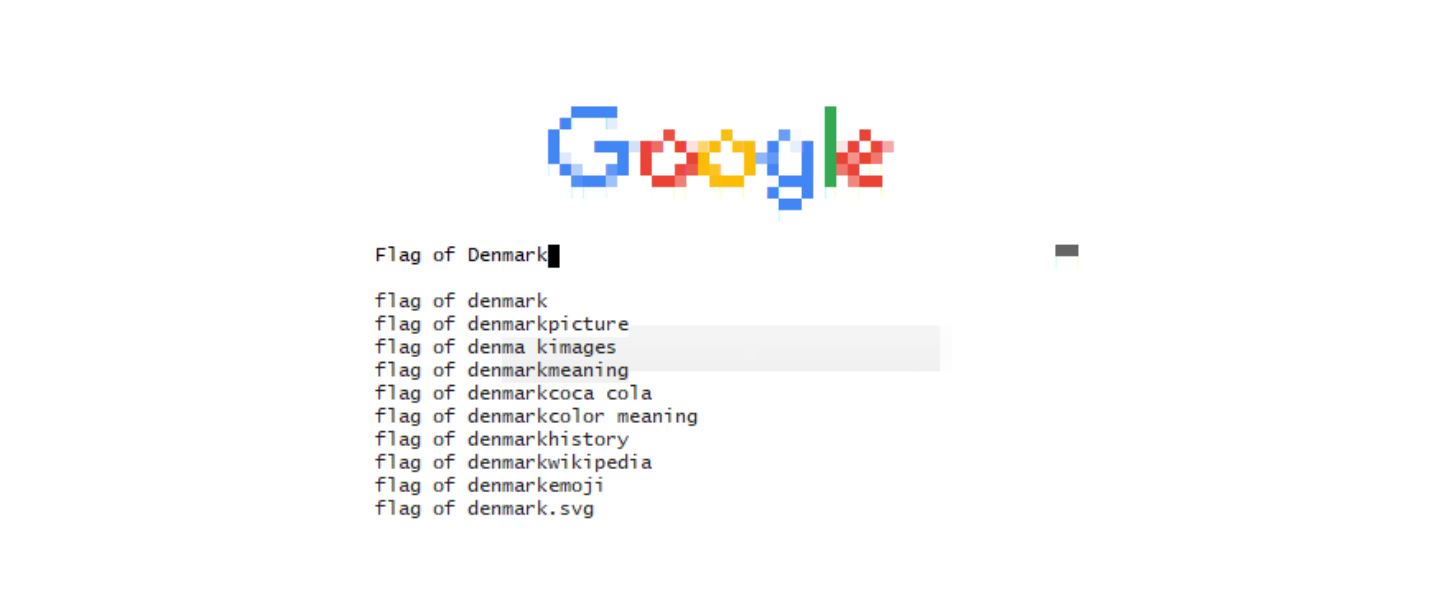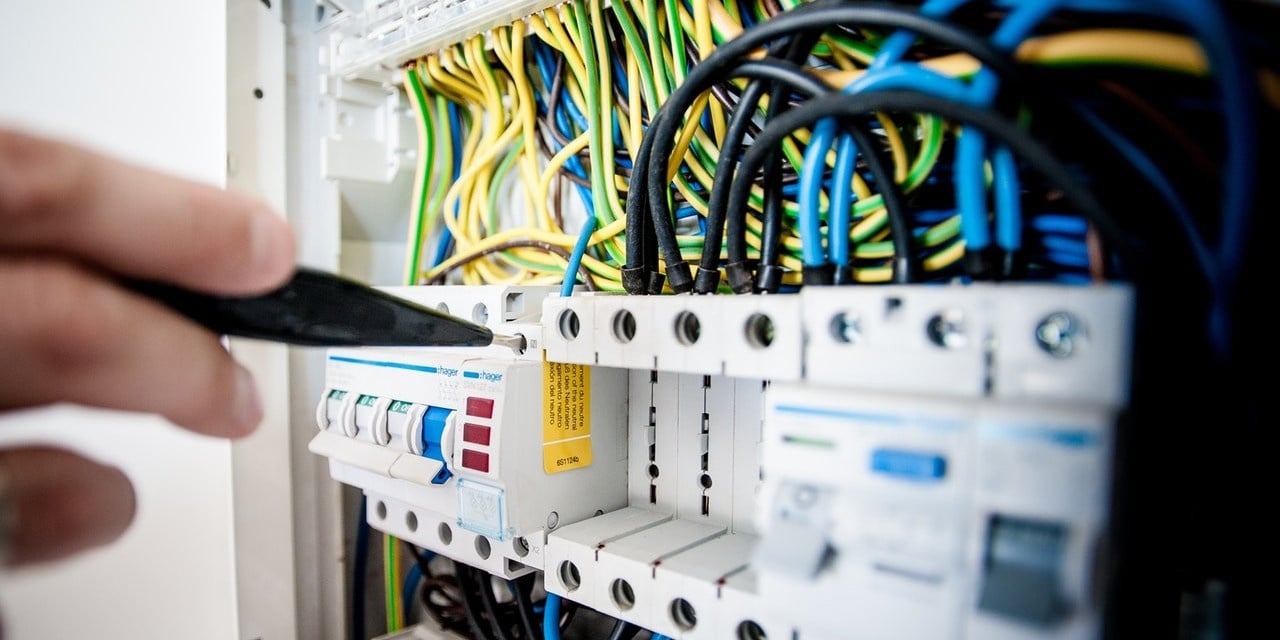In our last NVMe cloud hosting piece, we talked about the difference between NVMe drives and SSD drives on an architectural, hardware, and performance level.
While those might sound great—who doesn’t want up to 10X performance?—but it might be hard to understand what value you actually get out of that. Doubly so if you’re not running a traditionally resource-intensive application.
Improving your server performance, and thus the responsiveness of your website or application, isn’t just about lowering an artificial page speed figure. There are other tangible benefits, but they’re not quite as easy to put into numbers. Let’s talk about some of the most significant ones.
Elevate your (ecommerce) conversions
Most websites exist to convince a visitor to do something. That’s a conversion. The conversion action itself can vary wildly, from signing up to an email list to purchasing a car, but the goal is always the same.
People building or maintaining those websites should be looking for any opportunity to increase those conversion numbers. What many don’t know is that slow page load times could be negatively affecting their conversion rates.
Check out this quote from Neil Patel, one of the experts on search engine optimization:
Nearly half of web users expect a site to load in 2 seconds or less, and they tend to abandon a site that isn’t loaded within 3 seconds. 79% of web shoppers who have trouble with web site performance say they won’t return to the site to buy again and around 44% of them would tell a friend if they had a poor experience shopping online.
Unbounce backs this up with a study that shows 1 in 5 visitors will abandon their shopping cart they perceive pages load too slowly.
They also recommend that you drop load time beneath 2 seconds for every page in your transaction funnel. If you’ve already done a ton of speed optimization but are still trying to figure out how to get your conversion rates to the next level, NVMe’s raw speed might be the answer.
Deliver a smoother UI/UX
Speaking of perception—you want your website/app to not only be fast, but also feel fast. Why do you think web apps (and even some sites) utilize those little loader screens everywhere? They want to give you the feeling that the app is working hard, and quickly, to render the next window.
On a website, faster servers mean faster page creation—the time between your server receiving a request for a page and returning a glob of HTML for the browser to start parsing through and rendering. For dynamic sites that use a content management system (CMS), page generation requires many database queries. Each of
by subscribing to our newsletter.




